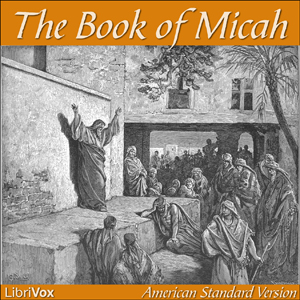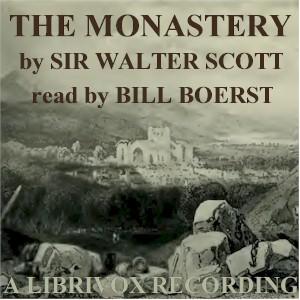Bible (ASV) 33: Micah - American Standard Version

December 10, 2024
Listen to books for free
Listen book
0
viewed
0
comments
About book
- Namebook Bible (ASV) 33: Micah
- Author American Standard Version
- Time 0:22:51
Book annotation
Listen online
On this page you can listen to the audiobook Bible (ASV) 33: Micah - American Standard Version!
Listen online in good quality, from your Android phone, iphone or pc at any time.
Comments
The minimum comment length is 50 characters. comments are moderated
Also listen

The Adventure of the Six Napoleons - Sir Arthur Conan Doyle

Alice In Wonderland Chapter 12 - Alice in Wonderland

Tick Tock Turkey and the Festival of Honolulu - Tick Tock Turkey

The Jungle Book – Part 3 - Rudyard Kipling

Christmas in Space - Wicked Uncle

The Little Mermaid Part Three - Hans Christian Andersen


